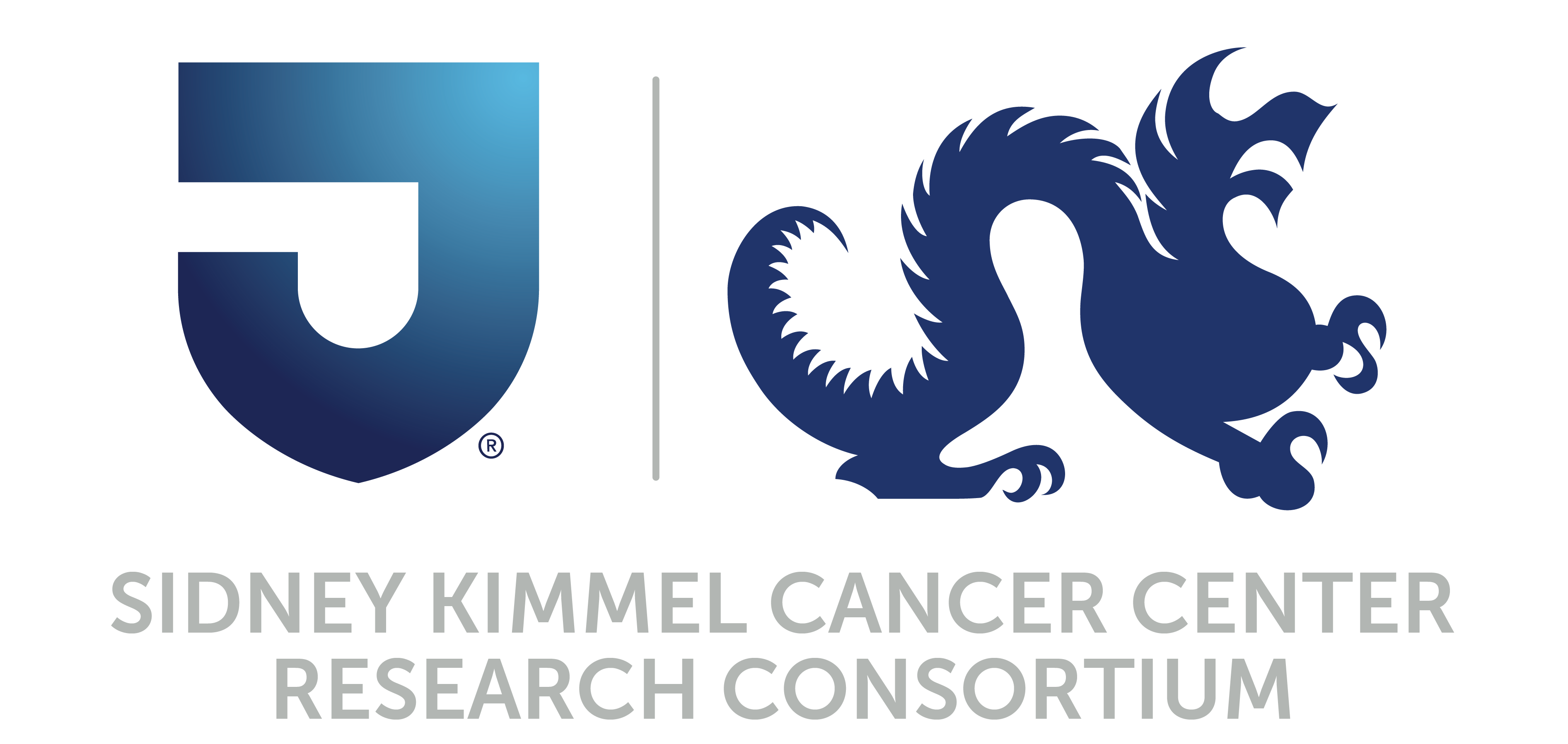
Dr. Gomella on the Evolution of AR Inhibitors in Prostate Cancer

Leonard G. Gomella, MD, professor, chair of the Department of Urology, and director of the Sidney Kimmel Cancer Center Network, of Thomas Jefferson University Hospital, discusses the evolution of androgen receptor (AR) inhibitors in prostate cancer.
Leonard G. Gomella, MD, professor, chair of the Department of Urology, and director of the Sidney Kimmel Cancer Center Network, of Thomas Jefferson University Hospital, discusses the evolution of androgen receptor (AR) inhibitors in prostate cancer.
The use of AR inhibitors has shifted to earlier stages of disease, says Gomella. Now many of these drugs, such as darolutamide (Nubeqa), enzalutamide, and apalutamide (Erleada), are being used in nonmetastatic castration-resistant prostate cancer (CRPC), particularly in patients who have a rising prostate-specific antigen (PSA) but no evidence of lesions on any imaging.
Additionally, these drugs are being evaluated as potential neoadjuvant therapy in patients with high-risk disease; however, this work is purely investigational at this point, says Gomella. Currently, AR inhibitors are considered a standard of care in nonmetastatic CRPC, particularly in men who have rapid PSA-doubling times and are at risk of developing early metastatic disease, concludes Gomella.






































